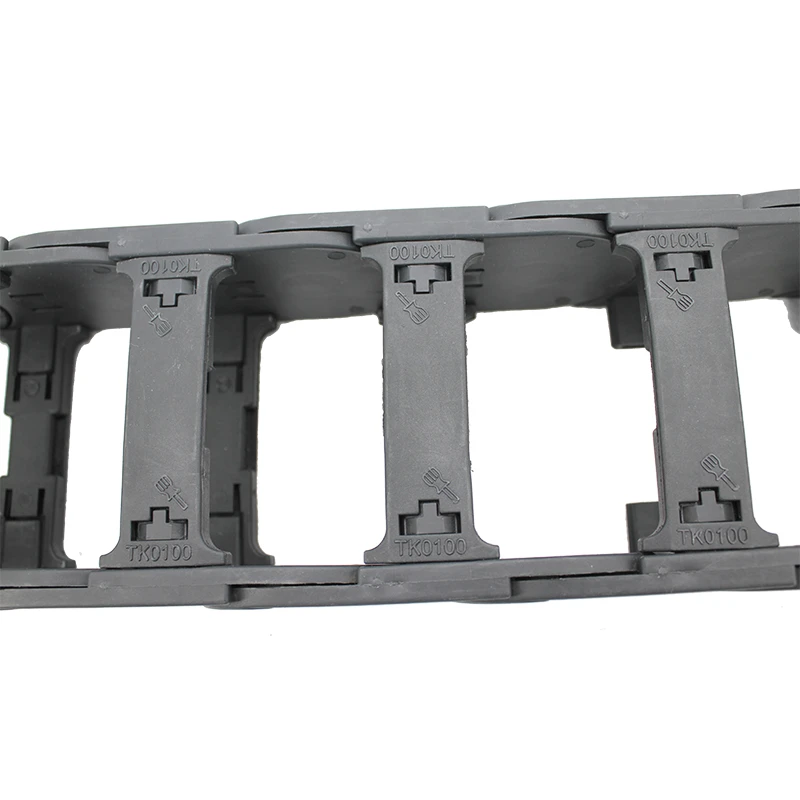wood chip conveyor
The Role of Wood Chip Conveyors in Sustainable Forestry and Biomass Energy
In the realm of sustainable forestry and renewable energy, wood chip conveyors play an essential role in the efficient handling and transportation of wood chips, a vital resource for various applications, including biomass energy production, animal bedding, and landscaping. As the global demand for clean and renewable energy sources grows, the importance of wood chips as a biomass fuel is increasingly recognized. This article delves into the function, advantages, and future prospects of wood chip conveyors within this context.
Understanding Wood Chip Conveyors
Wood chip conveyors are specialized equipment designed to transport wood chips from one location to another within a facility or processing plant. They come in various forms, including belt conveyors, chain conveyors, and screw conveyors, each tailored to meet specific operational requirements. The choice of conveyor system often depends on the distance to be covered, the volume of chips to be moved, and the characteristics of the material itself.
These conveyors are integral to wood processing facilities, such as sawmills and wood pellet production plants, where they facilitate the efficient movement of wood chips generated from sawmill operations or grinding processes. Instead of manual handling, which can be labor-intensive and prone to injuries, conveyors streamline the process, enhancing productivity and safety.
Advantages of Wood Chip Conveyors
1. Efficiency Conveyors significantly reduce the time and labor required to move wood chips. By automating this process, facilities can handle larger volumes of material and increase overall operational efficiency.
2. Safety Manual handling of wood chips can pose safety risks, including injuries from lifting heavy loads. Conveyor systems minimize these risks, providing a safer working environment for employees.
3. Cost-Effectiveness While initial investments in conveyor systems may be high, the long-term savings in labor costs and operational efficiencies often outweigh these expenses. Additionally, the reduced risk of workplace injuries can lead to lower insurance costs and decreased medical expenses.
wood chip conveyor

4. Flexibility Modern wood chip conveyors can be customized to accommodate various wood types and chip sizes, making them versatile for different applications. This adaptability ensures that facilities can respond to changing market demands efficiently.
5. Environmental Impact By optimizing the handling and transportation of wood chips, conveyors contribute to a more sustainable supply chain. Efficient transportation reduces the carbon footprint associated with logistics and energy consumption.
Applications in Biomass Energy
Wood chips are a critical feedstock for biomass energy production. They can be utilized in biomass power plants, where they are burned to generate heat and electricity, or processed into pellets for use in residential heating or industrial applications. The reliable transportation afforded by wood chip conveyors ensures that biomass facilities maintain a consistent supply of fuel, which is vital for efficient energy production.
As governments and industries globally push for cleaner energy alternatives, the demand for biomass energy is projected to rise. This increased demand will likely spur further investments in wood chip conveyor technology, enabling more efficient harvest, processing, and distribution of wood chips.
Future Prospects
The future of wood chip conveyors appears promising, especially as the renewable energy sector continues to expand. Innovations in conveyor technology, such as automation and real-time monitoring systems, are likely to emerge, enhancing efficiency and reducing operational costs.
Investments in research and development could lead to the creation of more environmentally friendly materials for conveyor systems, further minimizing the ecological impact of wood processing operations. Additionally, integration with other technologies, such as the Internet of Things (IoT), could optimize the monitoring and management of wood chip conveyor systems, ensuring peak performance and reliability.
In conclusion, wood chip conveyors are indispensable in modern wood processing and biomass energy production. Their efficiency, safety, and cost-effectiveness make them critical tools in advancing sustainable forestry practices. As the shift towards renewable energy sources accelerates, wood chip conveyors will continue to play a pivotal role in supporting this transition, ultimately contributing to a greener and more sustainable future.








